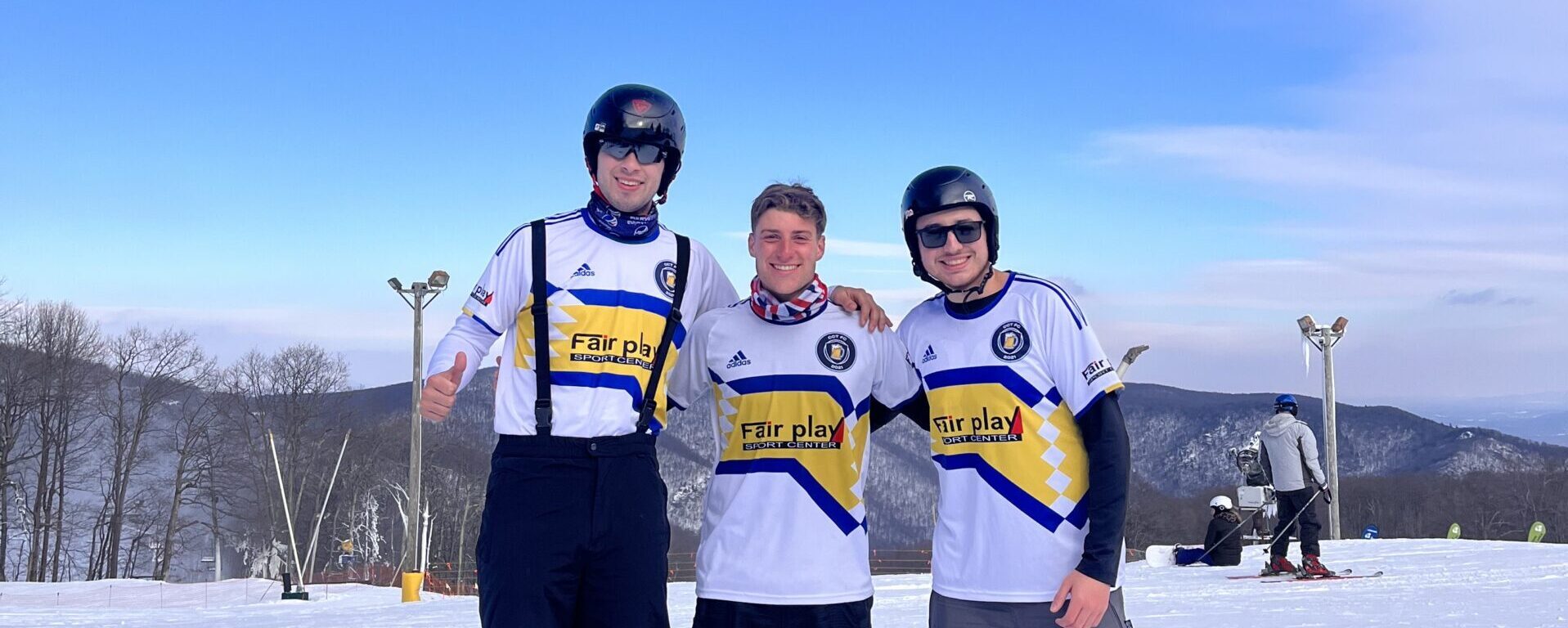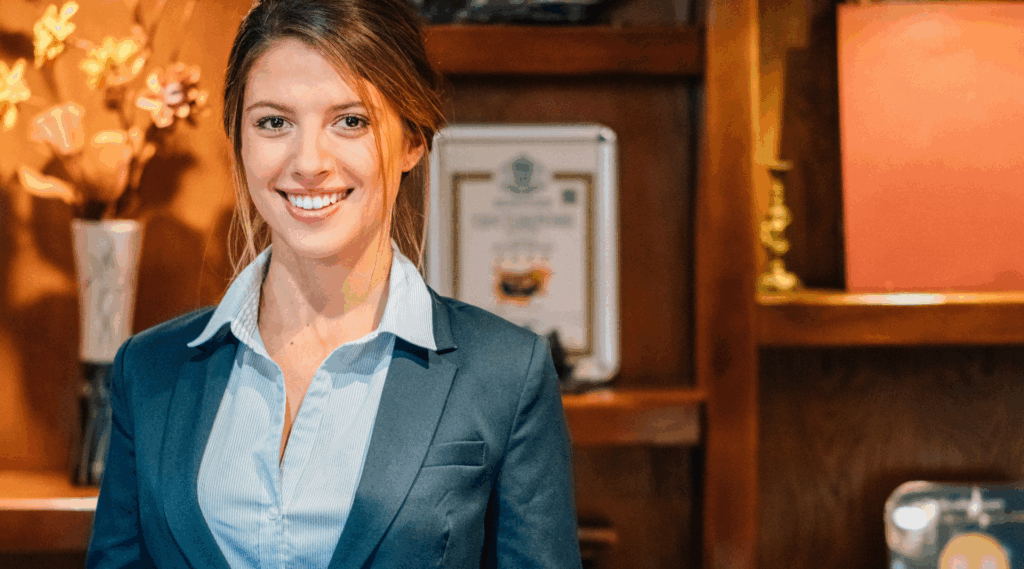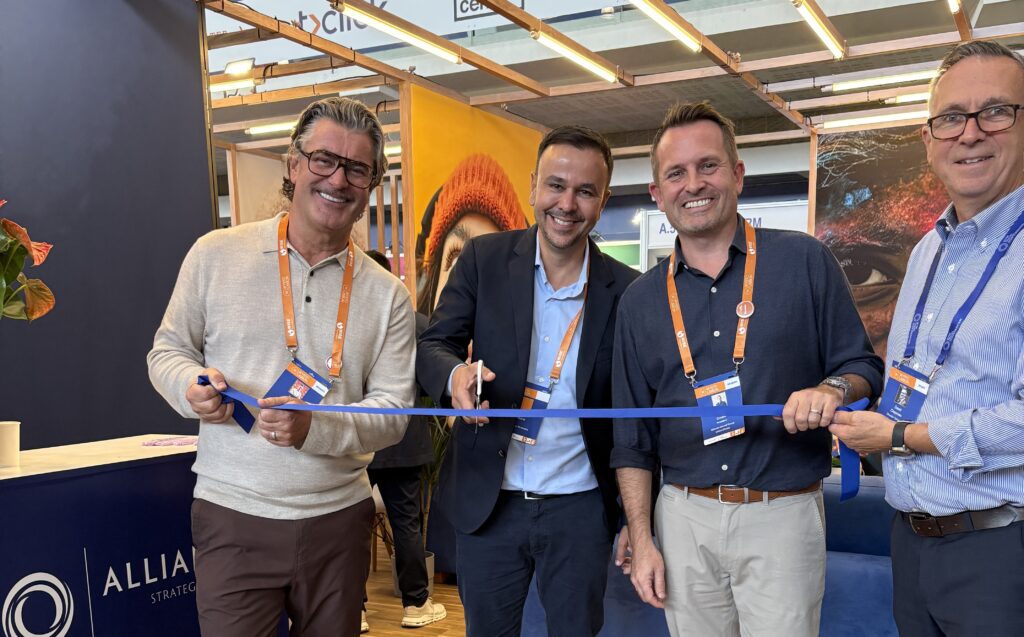Many participants return for a second experience, whether it’s as a camp counselor in the U.S., a culinary intern in Spain, or moving from an intern to a trainee role in hospitality. In this guide, we’ll explain who can apply again, how long you need to wait, and what visa rules apply in the U.S., Canada, Australia, and Spain.
Who Can Do a Second Program Abroad? Who Counts as a Returner?
A returner is anyone who has already completed an internship, trainee, camp counselor, or work & travel program abroad and wants to apply again. This could mean:
- Coming back for the same type of program (For example, Summer Camp Counselor two summers in a row).
- Switching to a different program category (J1 Intern → J1 Trainee).
- Moving to a different country (e.g. first program in the U.S., second program in Australia).
- Changing fields within hospitality/culinary if it fits your career path (e.g., food & beverage intern → culinary trainee, or guest services → hotel operations).
The golden rule: Your second program should connect to your long‑term career goals and show clear progression, whether that’s new responsibilities, a different environment, or advanced training.
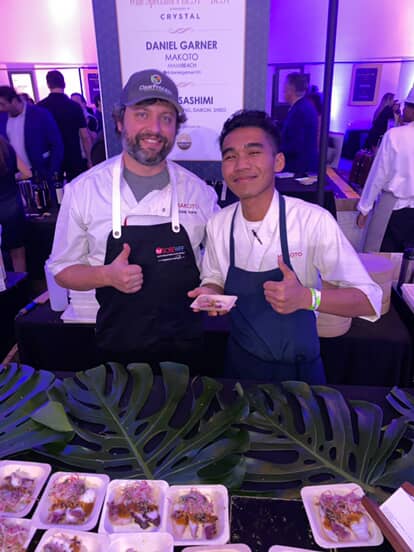
Second Program: Options by Country
USA: Camp Counselor and Work & Travel Program
Return Option: Yes! You can reapply for another season.
Visa Rules: As long as you’re older than 18 years, you can return the following year (e.g., summer 2025 → summer 2026).
Bonus: Both programs, Camp and Work & Travel, let you stay up to 30 days after your contract ends to travel around the U.S.
USA: Intern & Trainee Pathways
From Intern → Intern
If you are still a full‑time student or a recent graduate (within 12 months), you can apply again for an Internship. You must wait at least 1 year, and your second program should show progression (for example, from front desk basics to guest relations).
From Intern → Trainee
If you now have a degree plus 1 year of work experience (or 5 years of full‑time experience), you may qualify for a J1 visa trainee program. You must also spend at least 2 years outside the U.S. before starting your trainee program.
From Trainee → Trainee
You must spend at least 2 years in your home country before starting another trainee program. Your second program should also show career growth or progression compared to the first.
Age limit: Usually 18–35.
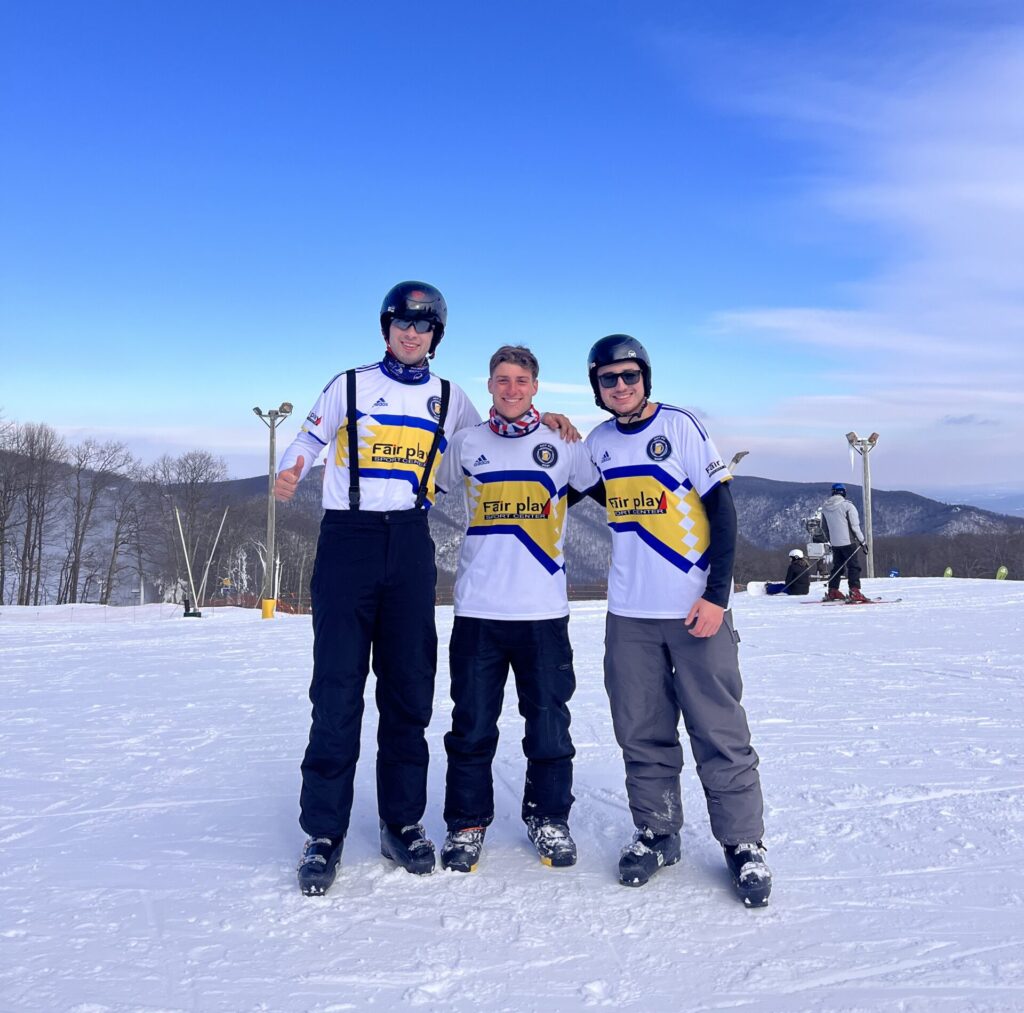
Canada: Francophone Culinary Program
This program is eligible under the Francophone Mobility Work Permit for 2–3 years, depending on your job offer. You can return as long as you continue to meet the requirements and are hired by an employer. It’s a great option for chefs and culinary professionals seeking long‑term international experience.
Bonus: Spouses may qualify for an open work permit, and children may qualify for study rights.
Australia: Skilled Professional Program
Our program in Australia with the 482 Skilled Visa is designed for experienced professionals in hospitality or culinary arts. It’s an excellent option for candidates seeking career growth with the added possibility of bringing their family.
Spouses and dependents may be eligible to join you, often with work or study rights, depending on your employer’s conditions.
Spain: Hospitality & Culinary Internships
Return options depend on your academic or professional status:
- Students and recent graduates can usually reapply for another internship in Spain.
- If you have more experience, you may qualify for a trainee role in the U.S. or Australia (since Spain only offers internship opportunities).
This program in Spain is an excellent choice for building a high‑end culinary career and returning home with advanced experience. The age limit is generally 18–35, depending on the role and visa requirements.
Highlights: Choose from over 15 Michelin‑starred partnerships, each with structured training and mentorship plans.
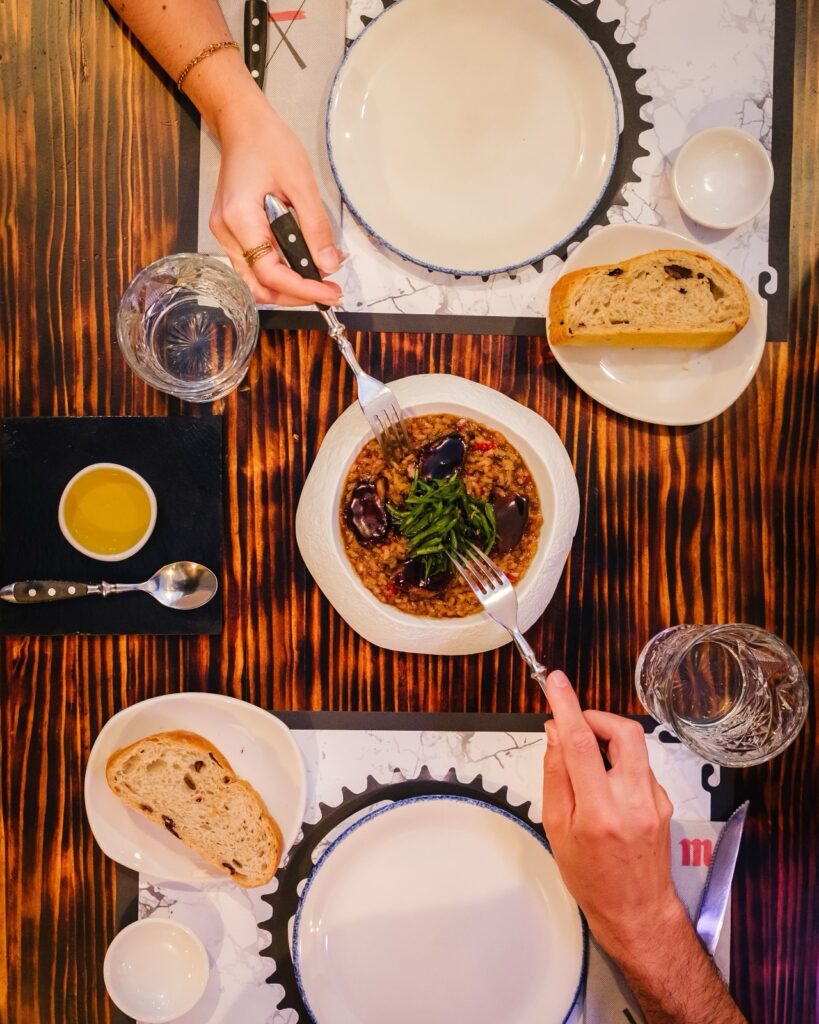
Building on What You’ve Learned
Career Growth
Each new program adds valuable experience to your resume. Employers see returners as adaptable, professional, and ready for leadership roles. Many participants use multiple programs as stepping stones toward promotions, management jobs, or international placements.
Cultural Exposure
Living and working in a new country, or even a new city, broadens your understanding of cultures, guest expectations, and hospitality styles. A culinary internship in Spain followed by a trainee role in Florida gives you two completely different perspectives to draw from.
Alumni Advantage
Returners already know the process: Visas, orientation, and adapting to a new workplace. That makes you quicker to settle in, more effective at work, and often a stronger candidate in the selection stage.
You’ll be better at budgeting the second time around, since you already know what to expect for housing, transport, and living costs.
Long-term Pathways
Multiple programs can unlock bigger opportunities: Employer sponsorships, family-friendly visas (like in Australia or Canada), and strong global networks of mentors and colleagues who can open doors to your next role.
Want to know what it’s really like? Explore participant stories →
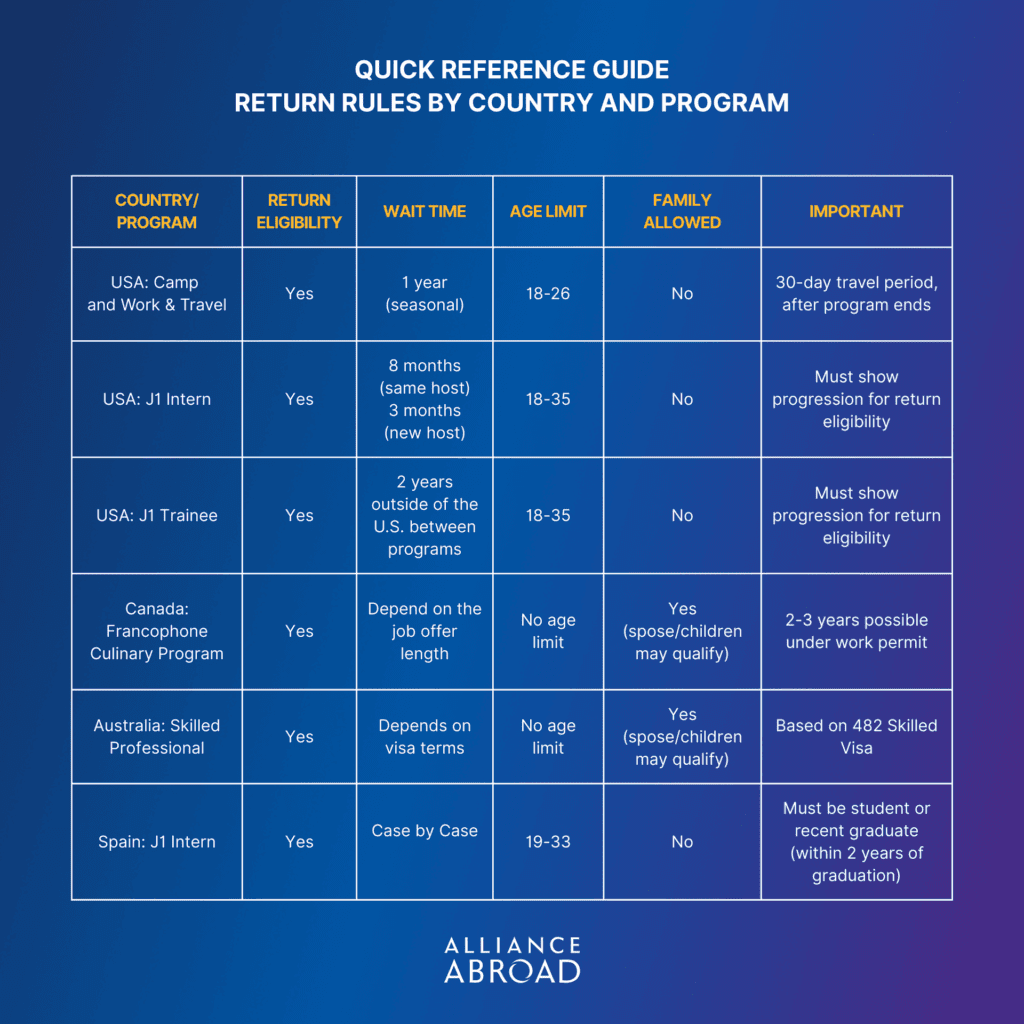
Ready for Round Two?
If you enjoyed your first program, a second one can take your experience even further. Whether that means advancing your career, exploring a new culture, or trying a different role.
From understanding wait times to choosing the right program, we’re here to help you make the right move for your future.
Let’s explore your options together and take the next step. View Programs →
